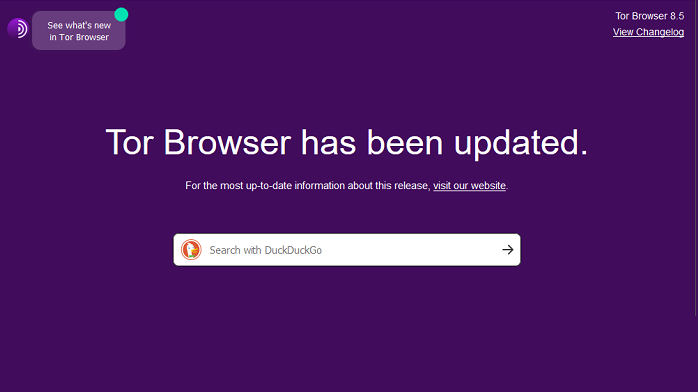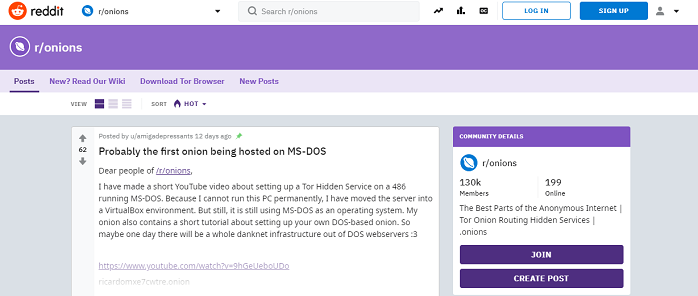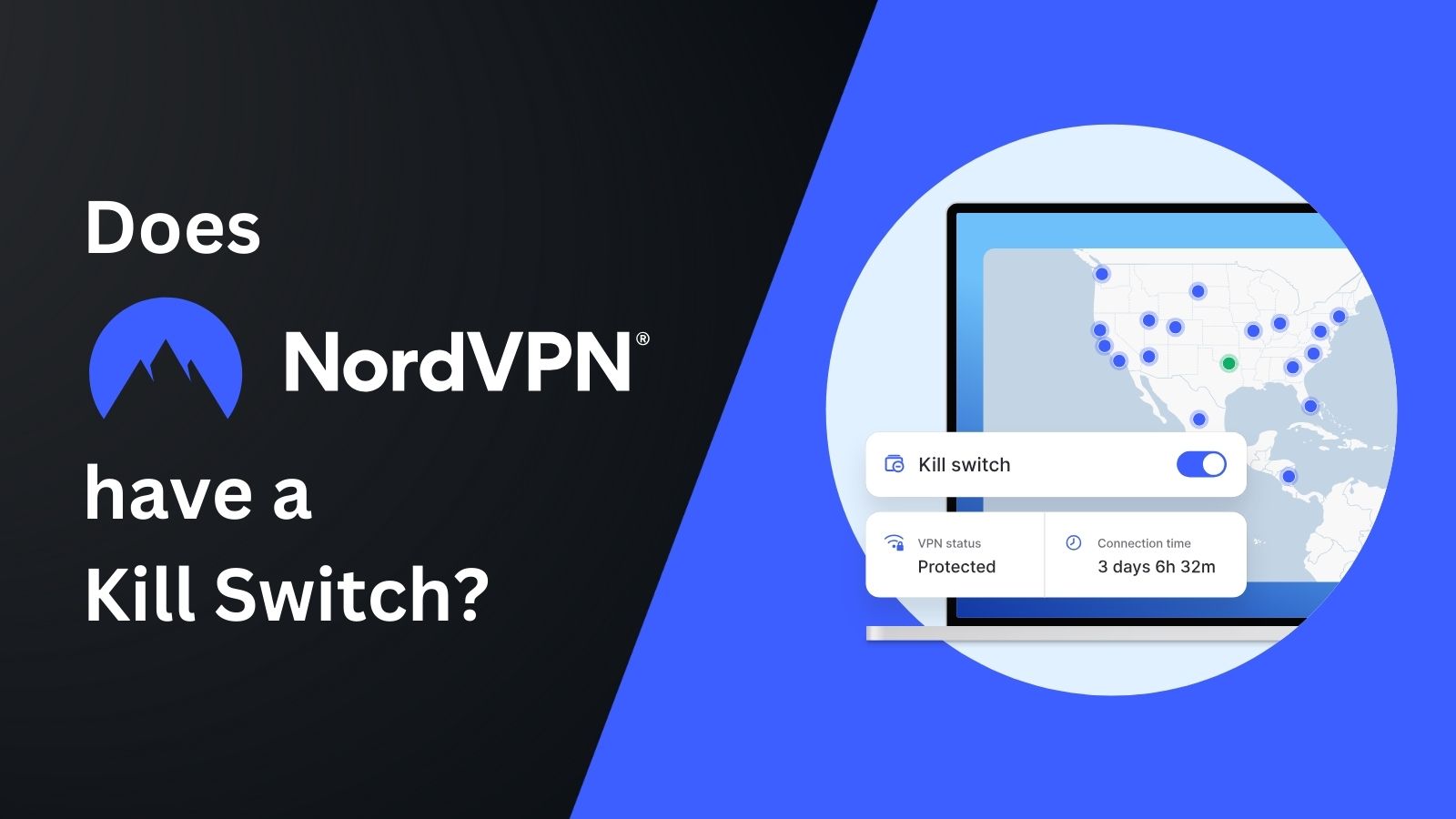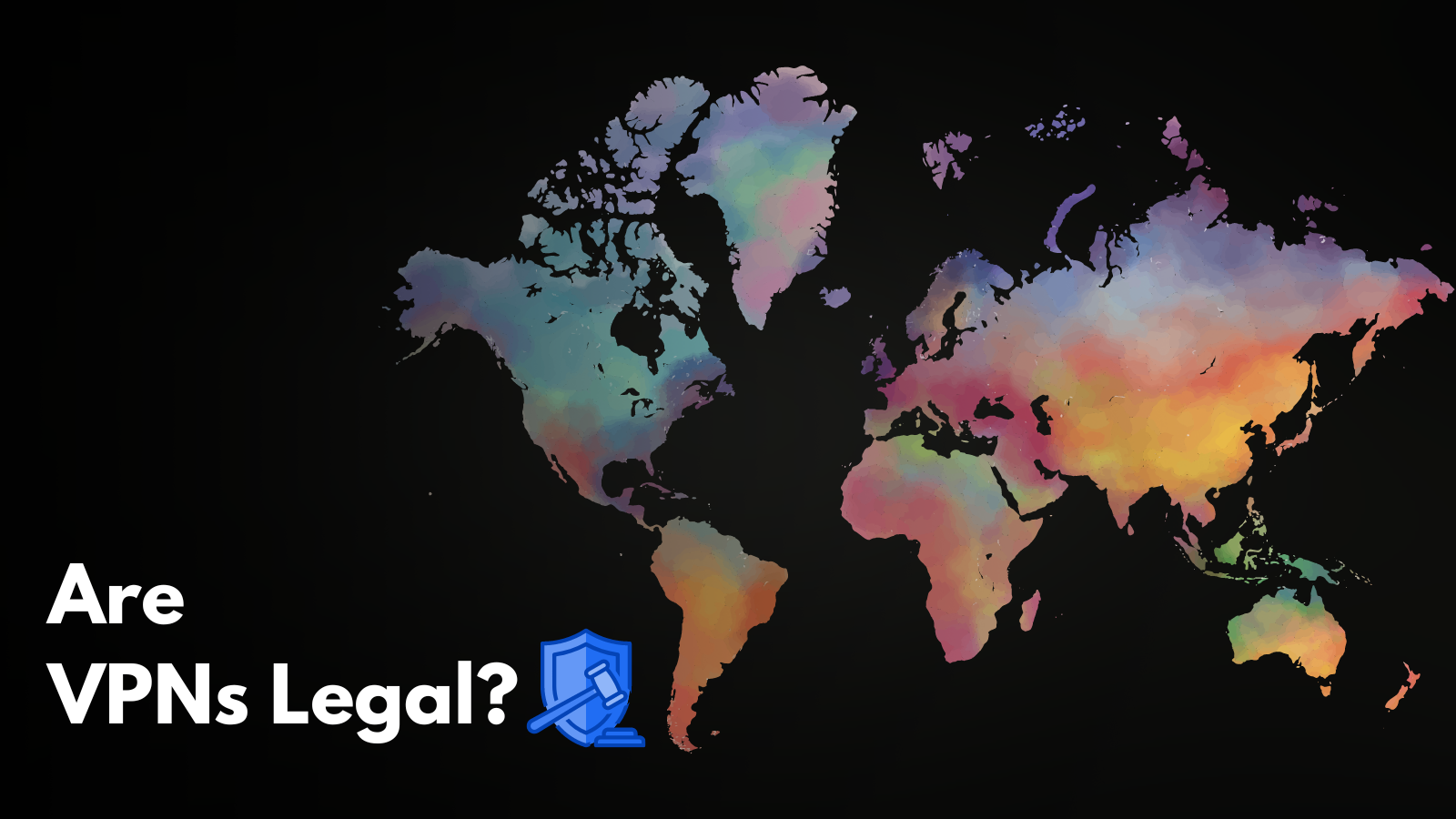
When you purchase through links on our site, we may earn an affiliate commission. Here’s how it works.
How to Do a Dark Web Search? – A Basic User Guide
The Dark Web is a subset of the Deep Web, that part of the internet that doesn’t get indexed by search engines like Google. When we talk about the Dark Web, that mainly refers to sites that are accessed through Tor Hidden Services. So can you do a Dark Web search?
Tor is an encrypted network that uses volunteer computing nodes to randomly move data packets from source to destination. Which makes it impossible to know who anyone on the other side of the connection is. So while you may be able to access a Dark Web site, you can’t know where they are hosted. Also, they can’t know who or where you are unless you divulge that information.
That’s all wonderful, but if these sites are so hidden, how do you actually find them? If you can’t just type terms into Google, how do people know where to go? To visit a Tor site you need its “onion” address, which is like a normal web URL but specialized for this anonymous service. The various ways you can find these addresses will be elaborated below and soon you’ll be a pro at finding the sites you’re looking for.
A Word on Using VPNs with Tor
Before we go over the actual sources you can use to find onion addresses, we need to talk for a minute about using a VPN when accessing onion sites through Tor. Although Tor is designed in such a way that no one can see which sites you are accessing or what information you’re sending, there’s still plenty of information leaking from your online activities.
Specifically, your service provider can see that you are using the Tor protocol, which might be considered suspicious by itself. Furthermore, they can log at what times you access Tor and how much data is transferred. That might seem harmless, but if the onion site ever gets seized or hacked, logs on their end could be correlated with those ISP logs, so it’s not a non-issue.
If you use a VPN your ISP has no idea what you are accessing Tor at all. Of course, in some parts of the world using a VPN is also a suspicious act, but in most places, it’s seen as a normal safety and privacy measure.
The Two Main Approaches to Finding Onion Sites
In your search for Dark Web sites, there are really only two places that you can look at. The first is the surface web. That is, the same web we all use every day for general internet applications. There are plenty of places you can go on the web that will list onion addresses.
The second approach is to visit certain strategic resources on the Dark Web itself. Which will then point you to the sites you were looking for.
Surface Web Resources
Why is it that sites can advertise onion links to Dark Web sites in plain sight in the surface web? Plenty of people are surprised by this, but if you understand more or less how it all works, it makes perfect sense.
First of all, Tor isn't illegal by itself. Although many authorities would like to create that impression, for the most part, there is nothing fundamentally wrong with simply browsing the Dark Web. Which in turn means there's also nothing wrong with listing onion domains.
Now, if you visit those domains and take part in something that is in fact illegal, that's a different story, but the bottom line is that there are plenty of places to find Dark Web site addresses online.
Reddit Repositories
Reddit is known as the "front page of the internet" and you can find Reddit boards on just about every possible topic you can think of. The Dark Web is no different and there's a whole community of people dedicated to discussing the Dark Web. This includes keeping tabs on any new onion domains and reporting when a site goes down or something else notable happens.
The three most important subreddits are r/deepweb, r/onions/ and r/Tor. You can ask questions about particular sites and see what the latest news is when it comes to the Dark Web.
The Hidden Wiki on the Clearnet
The Hidden Wiki is probably the most famous repository of onion domains out there. It also claims to be the biggest, although that's hard to confirm. While the true face of this site is on the Dark Web itself, there's a version on the regular old world wide web.
Here you will find a massive number of categorized onion links, which include other sites that will lead you to even more results.
Dark Web Resources
If you want to find onion sites by using the Dark Web itself, there are some similarities and some differences compared to looking for them on the surface web.
Onion Repositories
Onion repositories include sites like the onion version of the Hidden Wiki. Which is again a good place to start to find other repositories. Unlike the surface web versions of the Hidden Wiki, the address tends to change. So you may have to look around surface web sites to find the latest working repository links.
Dark Web Search Engines
The term "search engine" might not be the best way to describe how these sites work. But from a user perspective, they look and feel sort of the same.
While you'll find plenty of sites labeled as search engines on the Hidden Wiki, one worth bookmarking is Torch.
Still, Haven't Found What You're Looking For?
There is no single, straightforward way to find sites on the Dark Web. In fact, it's only the sites that want to be found that you'll dig up using the above methods. There's an unknown multitude of onion domains out there. That only a select few people know about and they'll never share it. Only sites that want visitors need to advertise after all.
Know some more ways to search the Dark Web? Let us know in the comments. Lastly, we’d like to ask you to share this article online. And don’t forget that you can follow TechNadu on Facebook and Twitter. Thanks!














